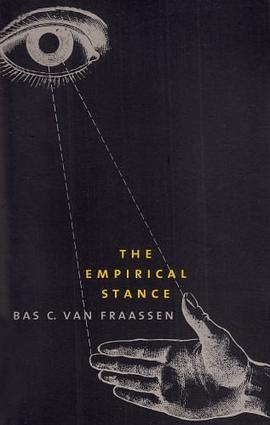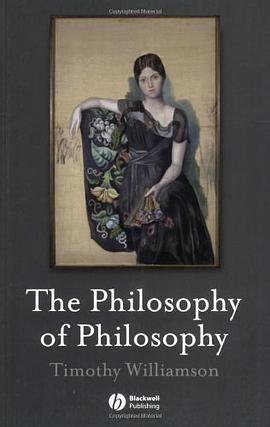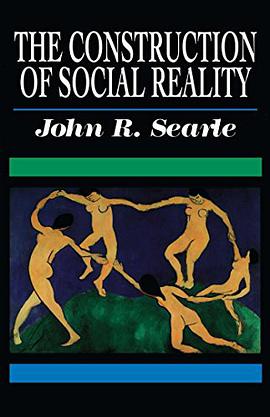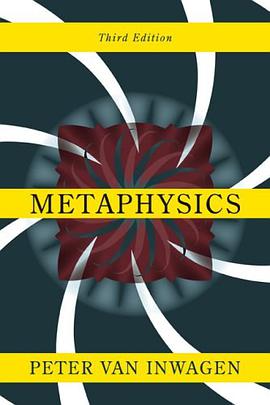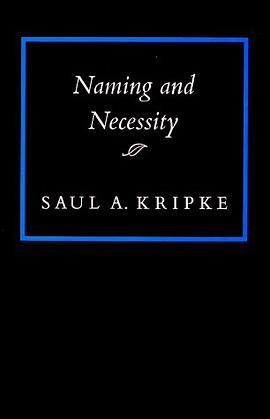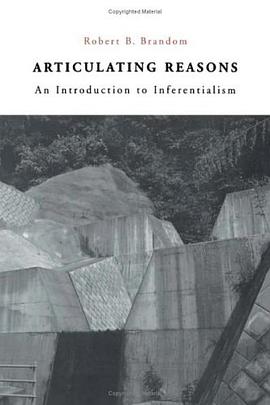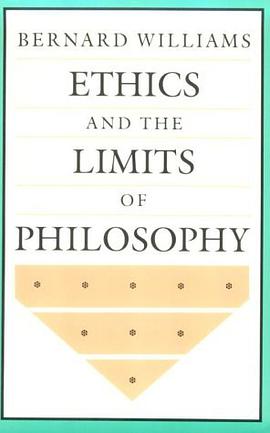If there is such a thing as reason, it has to be universal. Reason must reflect objective principles whose validity is independent of our point of view--principles that anyone with enough intelligence ought to be able to recognize as correct. But this generality of reason is what relativists and subjectivists deny in ever-increasing numbers. And such subjectivism is not just an inconsequential intellectual flourish or badge of theoretical chic. It is exploited to deflect argument and to belittle the pretensions of the arguments of others. The continuing spread of this relativistic way of thinking threatens to make public discourse increasingly difficult and to exacerbate the deep divisions of our society. In The Last Word, Thomas Nagel, one of the most influential philosophers writing in English, presents a sustained defense of reason against the attacks of subjectivism, delivering systematic rebuttals of relativistic claims with respect to language, logic, science, and ethics. He shows that the last word in disputes about the objective validity of any form of thought must lie in some unqualified thoughts about how things are--thoughts that we cannot regard from outside as mere psychological dispositions.
In The Last Word, Thomas Nagel argues against what he calls subjectivism, "a general tendency to reduce the objective pretensions of reason." On his enemies list are the architects of postmodernism, social scientists with delusions of grandeur, and philosophers ranging from Hume and Kant to W.V. Quine and Richard Rorty. Regarding reason as based on contingent features of our nurture, culture, or nature, such subjectivists contend that reason is not generally valid, but valid only from our point of view. Challenges to reason in general are bound not to convince: they subvert themselves if based on reason, but are not worth taking seriously otherwise. Challenges to reason in particular domains, such as logic or ethics, are expressed by "ritualistic metacomments declaring one's allegiance to subjectivism" about logic or ethics. But, Nagel argues, the subjectivist claims are unintelligible unless understood as claims of logic or ethics, and therefore can be adjudicated on logical or ethical grounds. The drastically schematic nature of Nagel's refutation of subjectivism is troublesome, inviting the question of whether anyone truly accepts the position that he attacks. It also inspires doubt that his refutation is developed enough to be, as advertised, the panacea for subjectivism. Nevertheless, The Last Word is highly recommended to philosophers and anyone else interested in thinking about reason. Elegantly written and incisively argued, it is sure to provoke discussion--and thus ensure that it will be anything but the last word. --Glenn Branch
